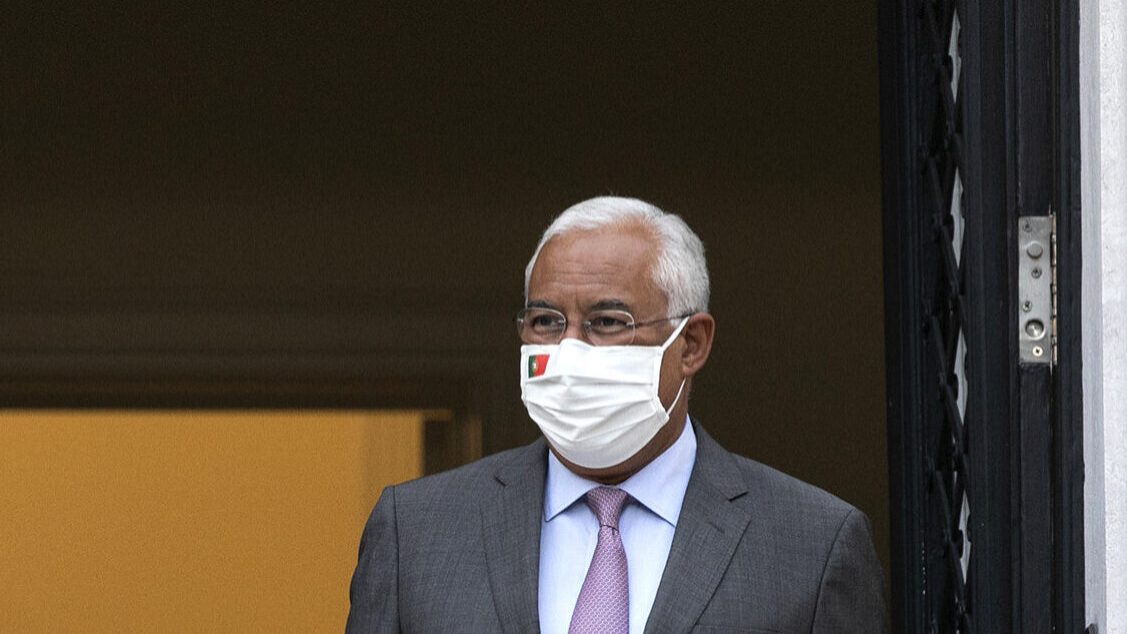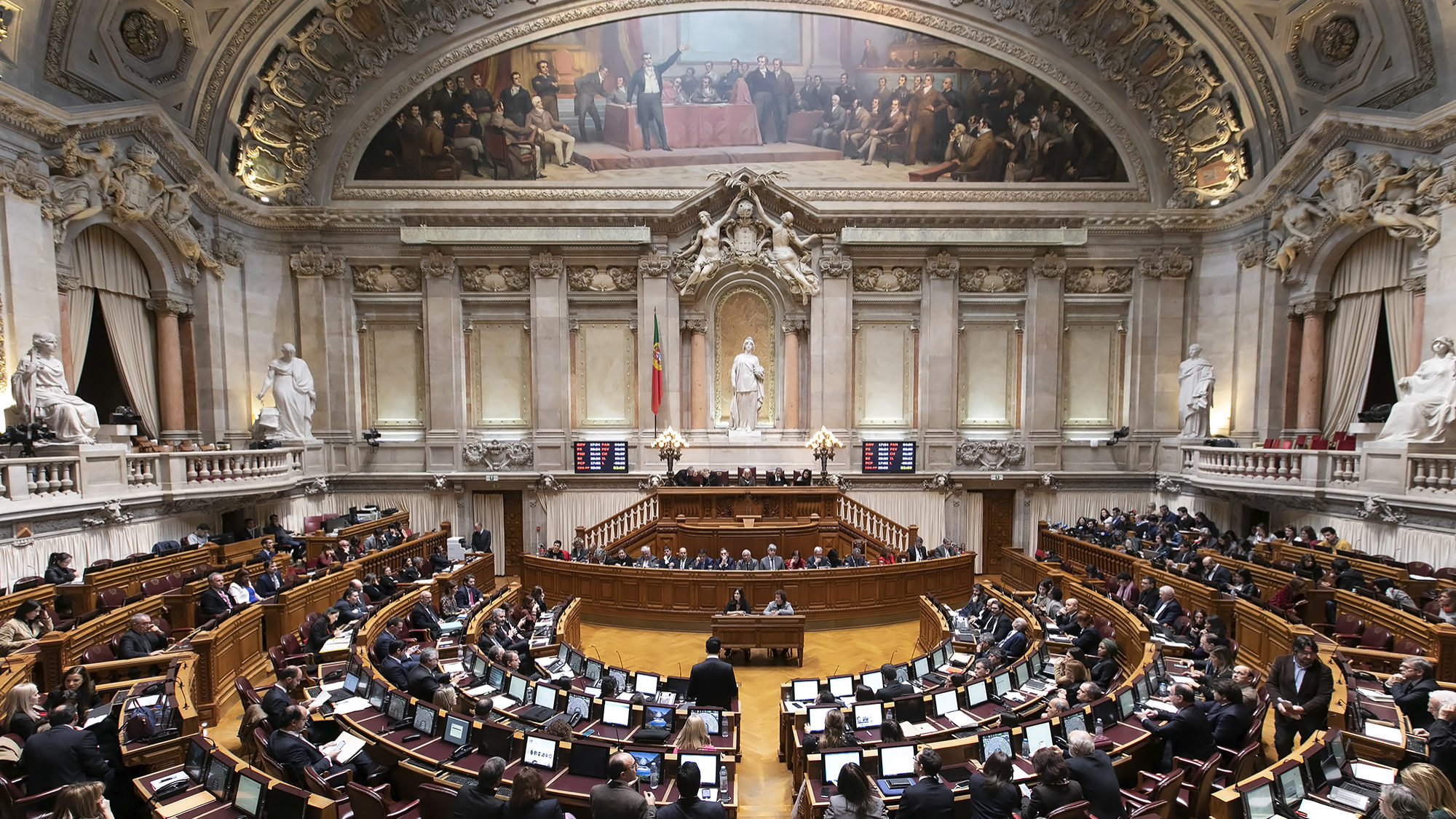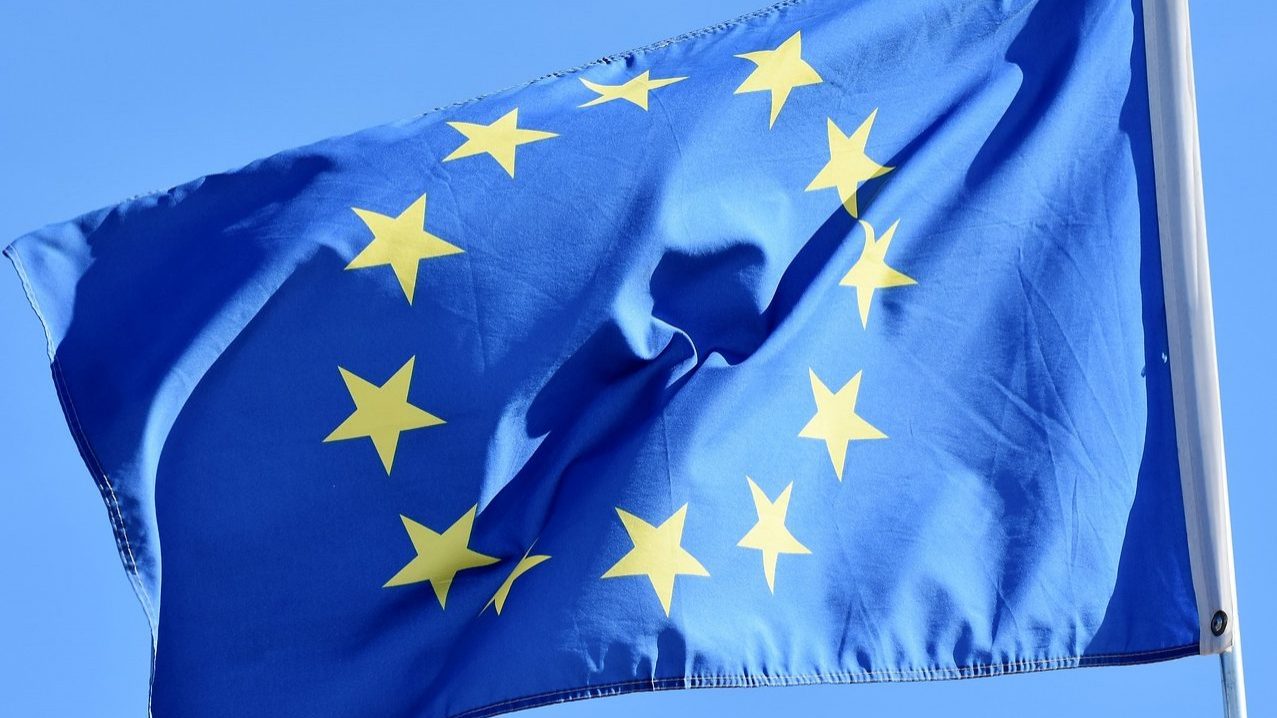State of emergency: Portugal with curfew restrictions in 121 municipalities
The government decreed a curfew in 121 municipalities, between 11 pm and 5 am. However, in the next two weekends, the curfew will start earlier, at 13 pm.
The government met on Saturday in an extraordinary Council of Ministers to implement the measures that will frame the state of emergency decreed on Friday by Portugal’s President and that will be in force between Monday and November 23.
The big news is the announcement of a curfew in the 121 municipalities at risk, between 11 pm and 5 am. In addition, on the next two weekends, there will be a greater restriction on the curfew in these 121 municipalities: on the next two Saturdays and Sundays, circulation in these municipalities will be prohibited from 1 pm to 5 am.
The Prime Minister clarified that in this curfew there will be exceptions, namely: work trips, return home, emergency situations, hygienic walks, among others.
António Costa acknowledged that this is a measure “strongly restricting people’s freedom” and will be “very hard on the catering and tourism sectors”. The Prime Minister explained that during the next two weekends, in these 121 municipalities, it will be possible for restaurants to continue operating on a takeaway basis, even after 13 pm.
Regarding the state of emergency that was in force in March, the Prime Minister stated that these new measures “are more intensive on Saturday and Sunday and less intensive on weekdays.”
What changes starting from Monday:
- Night-time curfew in the 121 municipalities, between 11 pm and 5 am;
- Weekend curfew in the same 121 municipalities, from 1 pm and 5 am;
- Fever measurement in all public places;
- Preferential use of health resources from the private and social sectors, with the appropriate compensation;
- Covid-19 testing in health care establishments, nursing homes, schools, on entry and departure from Portugal continental and, at last, prisons.
- Mobilization of workers, as well as the armed forces and the security forces, for the strengthening of health authorities in epidemiological and screening surveys.


